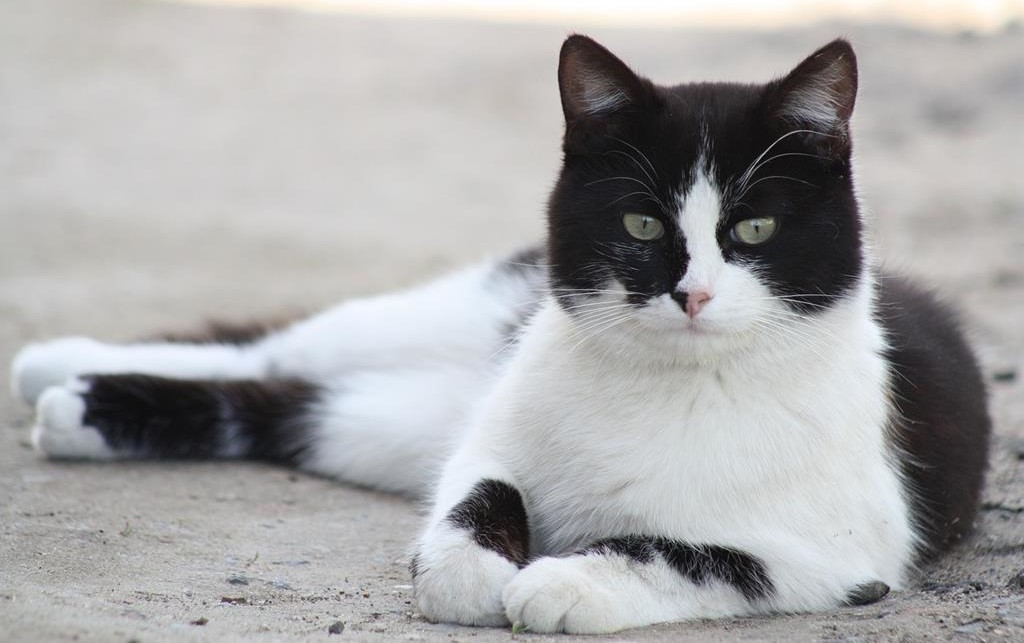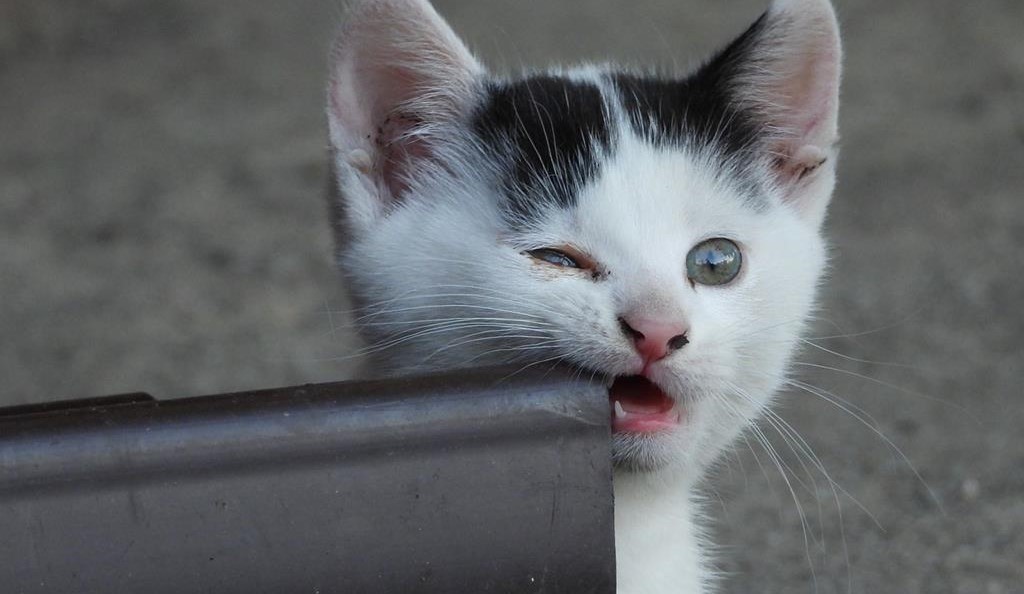Cats lick their owners excessively due to affection and as a way to mark their territory. As natural groomers, cats express their love and affection by licking their owners.
This behavior is a sign of trust and intimacy, as cats use their tongues to groom their loved ones, just as they do with their feline companions. Additionally, licking releases endorphins that helps cats relax and feel good. Another reason for excessive licking is the territorial marking instinct.
Cats have scent glands on their tongues, and by licking their owners, they leave their scent behind, marking them as part of their territory. Understanding the reasons behind your cat’s excessive licking can strengthen the bond between you, but it’s important to set boundaries and redirect their behavior if the licking becomes overwhelming.
Why Does My Cat Lick Me So Much?
Cats have a unique behavior of licking their owners, and this constant licking can have various reasons. One possible explanation is that it is their way of showing affection towards you. When cats lick, they release endorphins, which can create a bond and a sense of comfort.
Additionally, cats also groom themselves and consider you as a part of their social group, so licking you is a way of including you in their grooming routine. Licking can also be a way for cats to mark their territory and leave their scent on you.
It is important to remember that excessive licking can sometimes be a sign of anxiety or stress, so it is essential to observe your cat’s behavior and seek veterinary advice if needed. Understanding your feline friend’s unusual licking behavior can help strengthen your bond and ensure their well-being.
1. Affection And Bonding
Cats lick their owners to show affection and strengthen the bond between them. This behavior is similar to mutual grooming, where cats engage in grooming each other. When your cat licks you, it is a way of expressing their love and trust.
This act releases oxytocin, also known as the “cuddle hormone,” in both you and your feline companion, creating a sense of well-being and strengthening the emotional connection. Oxytocin promotes feelings of love and attachment, contributing to the bond between you and your cat.
So, the next time your cat showers you with licks, know that it’s their way of showing affection and deepening the special relationship you share. Embrace this intimate act and enjoy the love and connection it represents.
2. Marking Territory And Claiming Ownership
Cats lick their humans as a way of marking territory and claiming ownership. Through licking, cats leave their scent as a form of territory marking. This behavior is a way for cats to establish ownership and leave their pheromones on their humans.
By doing so, they create a sense of security and familiarity in their environment. The act of licking releases scent molecules that are specific to each cat, helping them to communicate their presence and establish a bond with their humans.
So, when your cat licks you, it’s their way of showing affection, marking you as their territory, and asserting their ownership. Understanding this behavior can help deepen the bond between you and your furry friend.
3. Communication And Social Interaction
Cats lick their owners as a form of communication and social interaction. Through licking, cats aim to convey their needs. This behavior can be seen as a language, with different signs indicating contentment, stress, or discomfort. When a cat licks you, it is often expressing its affection and marking you as part of its social group.
In a multi-cat household, licking serves as a social behavior among feline companions, creating bonds and establishing hierarchy. It is important to understand the underlying motivations behind your cat’s licking tendencies. By observing their body language and context, you can decipher the message they are trying to convey.
Understanding the reasons behind excessive licking can help strengthen the bond between you and your feline friend.
4. Cleaning And Grooming Rituals
Cats lick humans to maintain personal hygiene and cleanliness. Their self-grooming rituals are essential for staying healthy. Saliva plays a vital role in cat grooming, providing several benefits. It helps to remove dirt and debris from their fur, keeping it clean and tangle-free.
Furthermore, saliva has natural antibacterial properties that prevent infection and promote healing. However, excess licking can sometimes lead to hair loss or skin irritation. It’s important to ensure that your cat’s grooming behavior remains balanced and doesn’t become excessive. If you notice any issues, such as bald patches or inflamed skin, consult a veterinarian for guidance.
Understanding the reasons behind your cat’s grooming habits can help strengthen the bond between you and your feline friend. So don’t be surprised if your cat showers you with licks—it’s their way of showing love and keeping themselves prim and proper.
5. Anxiety, Stress, And Medical Conditions
Excessive licking can be a sign of anxiety and stress in cats, including obsessive-compulsive disorder (OCD). When cats feel overwhelmed, they may resort to excessive grooming as a coping mechanism. This behavior is often triggered by changes in their environment, such as a move to a new home or the introduction of a new pet.
It’s important to identify and address the underlying cause of the anxiety or stress to help reduce your cat’s excessive licking. Certain medical conditions can also lead to excessive licking, such as allergies, skin infections, or pain. If you notice that your cat’s licking is accompanied by other symptoms like hair loss or skin irritation, it’s crucial to consult a veterinarian.
They can evaluate your cat’s health and provide appropriate treatment to alleviate their discomfort.

Frequently Asked Questions For Why Does My Cat Lick Me So Much
Why Does My Cat Lick Me So Much?
Cats often lick their owners as a sign of affection and to groom themselves. It’s their way of showing love and bonding with you. They may also lick to mark their territory with their scent. However, excessive licking could be a sign of stress or a health issue, so it’s best to monitor their behavior and consult with a veterinarian if concerned.
Is It Normal For Cats To Lick Humans?
Yes, it’s normal for cats to lick humans. Licking is a natural behavior for cats and is often a sign of affection and grooming. It’s their way of showing love and bonding with their owners. However, if the licking becomes excessive or bothersome, it’s important to assess the situation and address any possible underlying issues.
How Can I Discourage My Cat From Licking Me?
To discourage your cat from licking you, you can redirect their attention by providing them with appropriate toys or treats. You can also gently remove yourself from the situation by moving away or redirecting their attention to another activity. Consistency is key in reinforcing desired behaviors and discouraging unwanted licking.
Can Excessive Licking Be A Sign Of A Health Problem?
Yes, excessive licking can sometimes indicate a health problem in cats. It’s important to monitor your cat’s behavior and look for any other signs of illness or discomfort. Excessive licking could be a sign of allergies, skin irritations, dental issues, or even anxiety.
If you’re concerned, it’s best to consult with a veterinarian to rule out any underlying health issues.
Conclusion
Cats lick their owners for a variety of reasons, and understanding these motives can help strengthen the bond between you and your feline companion. It is essential to recognize that licking is a natural behavior for cats, serving as a means of communication, grooming, and affection.
By licking you, your cat may be trying to mark you as part of its territory or showing trust and affection. Furthermore, licking provides cats with a sense of comfort and relaxation. While it is generally harmless, excessive licking may indicate an underlying health issue, stress, or anxiety.
Observing your cat’s behavior, providing proper grooming, and addressing any potential medical concerns can help manage excessive licking. Ultimately, by nurturing your cat’s needs and understanding the reasons behind their behavior, you can create a harmonious and loving relationship with your furry friend.



